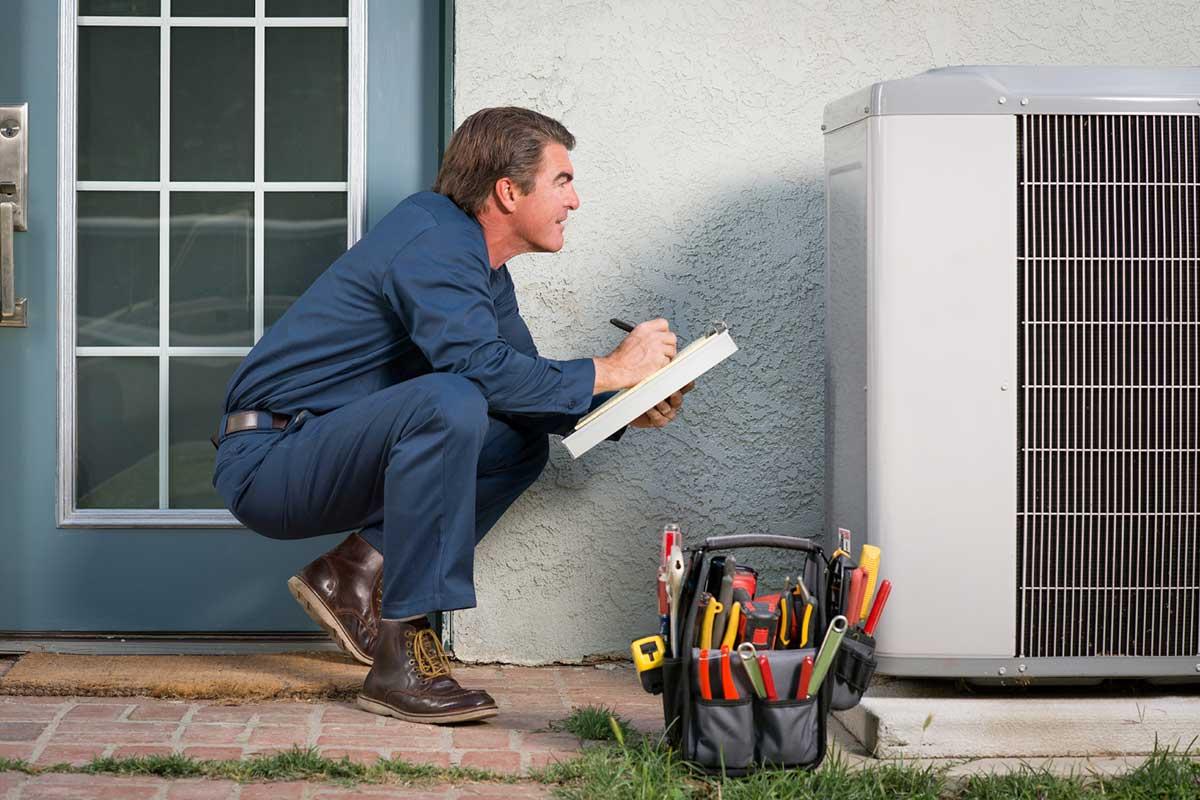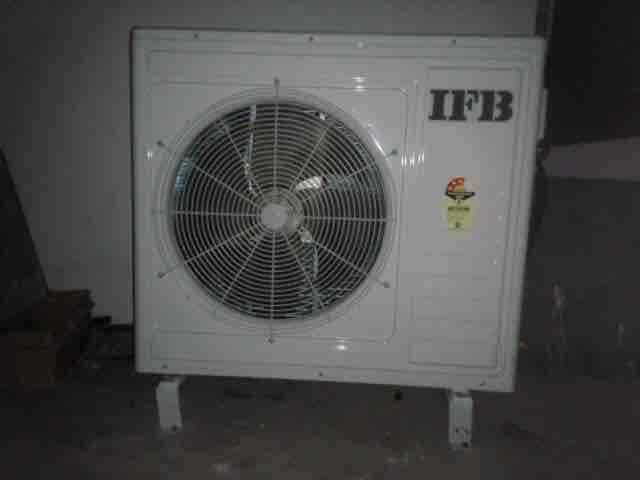
Air conditioning systems have become essential in modern homes, offices, and public spaces. These systems provide comfort by regulating indoor temperatures, improving air quality, and enhancing overall living and working conditions. However, not all air conditioning systems are created equal. They vary in design, functionality, and maintenance needs, making it crucial to understand their differences, especially when it comes to repairs. This blog delves into the various types of air conditioning systems and their unique repair requirements.
1. Central Air Conditioning Systems
Central air conditioning systems are among the most popular choices for residential and commercial properties. These systems use a network of ducts to distribute cool air throughout a building. They consist of two main components: an outdoor unit (condenser) and an indoor unit (evaporator).
Common Repair Needs:
- Refrigerant Leaks: A drop in refrigerant levels can compromise cooling efficiency. Technicians often need to locate and repair leaks, then recharge the system with the correct amount of refrigerant.
- Compressor Issues: The compressor is critical for cooling. Malfunctions here can lead to warm air being circulated.
- Clogged Air Ducts: Accumulated dust and debris can restrict airflow, requiring cleaning to restore performance.
- Thermostat Problems: Inconsistent or inaccurate temperature readings may necessitate recalibration or replacement of the thermostat.
2. Ductless Mini-Split Air Conditioners
Ductless mini-split systems are ideal for homes without existing ductwork. These systems consist of an outdoor compressor and one or more indoor air-handling units connected by refrigerant lines. They offer flexibility in cooling individual rooms.
Common Repair Needs:
- Refrigerant Line Damage: The exposed lines can be susceptible to physical damage, leading to leaks.
- Blower Fan Malfunctions: If the blower fan fails, the system won’t distribute air effectively.
- Dirty Filters: Dust and debris buildup in the filters can impede airflow and reduce efficiency.
- Electrical Connection Issues: Wiring problems between the indoor and outdoor units can cause system failures.
3. Window Air Conditioning Units
Window air conditioners are compact systems designed to cool single rooms. They are relatively inexpensive and easy to install, making them a popular choice for smaller spaces.
Common Repair Needs:
- Motor Failures: The fan motor may stop working due to wear and tear, requiring replacement.
- Drainage Problems: Water from the condensation process can accumulate if the drainage system is clogged.
- Thermostat Issues: Similar to other systems, faulty thermostats can disrupt temperature regulation.
- Overheating: Limited ventilation around the unit can lead to overheating and reduced efficiency.
4. Portable Air Conditioners
Portable air conditioners are mobile units designed to cool single rooms. They are user-friendly and require minimal installation, making them a convenient option for renters and small spaces.
Common Repair Needs:
- Compressor Failures: Just like in other systems, the compressor is prone to wear over time.
- Ventilation Problems: Proper exhaust setup is crucial. Misaligned or blocked vents can hinder performance.
- Filter Maintenance: Clogged filters can strain the system and lead to reduced efficiency.
- Water Leakage: Excess condensation can cause leaks if the internal drainage system malfunctions.
5. Hybrid Air Conditioners
Hybrid air conditioners combine traditional air conditioning technology with energy-efficient heating systems, often using a heat pump. These systems switch between electric power and fossil fuels to optimize energy consumption.
Common Repair Needs:
- Heat Pump Malfunctions: Issues with the heat pump can disrupt both cooling and heating functions.
- Refrigerant Issues: Leaks or incorrect refrigerant levels can compromise the system’s efficiency.
- Electrical Problems: Faulty wiring or circuit boards may require professional repairs.
- Sensor Failures: Temperature sensors in hybrid systems can wear out, leading to inconsistent cooling or heating.
6. Geothermal Air Conditioning Systems
Geothermal systems use the earth’s stable underground temperature to regulate indoor temperatures. These systems are eco-friendly and energy-efficient, though they come with higher upfront costs.
Common Repair Needs:
- Loop System Damage: The underground loop system, which transfers heat, can be vulnerable to leaks or physical damage.
- Pump Issues: The water or refrigerant pump may need repairs or replacement over time.
- Refrigerant Problems: As with other systems, leaks or low refrigerant levels can reduce efficiency.
- Thermostat Malfunctions: Inaccurate readings may disrupt the system’s functionality.

Key Factors Influencing Repair Needs
While each type of air conditioning system has unique repair requirements, certain factors influence maintenance and repair frequency across all systems:
- Usage Frequency: Heavily used systems are more prone to wear and tear.
- Age of the System: Older systems are more likely to experience component failures.
- Environmental Factors: Dust, humidity, and outdoor temperature fluctuations can impact system performance.
- Maintenance Practices: Regular servicing and timely filter changes can prevent many common issues.
- Installation Quality: Poor installation can lead to frequent breakdowns and inefficiencies.
Tips for Preventing Repairs
- Schedule Regular Maintenance: Annual or bi-annual checkups by a qualified technician can identify and resolve potential issues early.
- Clean or Replace Filters: Dirty filters reduce airflow and strain the system, so clean or replace them as recommended by the manufacturer.
- Keep the Outdoor Unit Clear: Remove debris, leaves, and dirt from the outdoor unit to ensure optimal airflow and performance.
- Monitor Refrigerant Levels: Ensure refrigerant levels are adequate to avoid overworking the compressor.
- Use a Programmable Thermostat: This helps regulate temperatures efficiently, reducing wear on the system.
When to Call a Professional
Some air conditioning repairs, such as filter changes or cleaning, can be performed by homeowners. However, for issues involving electrical components, refrigerant handling, or complex mechanical problems, it’s best to call a professional, such as Orchard Aircon Servicing. Attempting DIY repairs without the necessary expertise can lead to further damage and void warranties.
Conclusion
Understanding the different types of air conditioning systems and their repair needs can save you time, money, and stress. Whether you have a central system, a ductless mini-split, or a portable unit, regular maintenance is key to extending its lifespan and ensuring efficient operation. By staying proactive with upkeep and knowing when to call for professional help, you can enjoy consistent cooling and comfort year-round.
